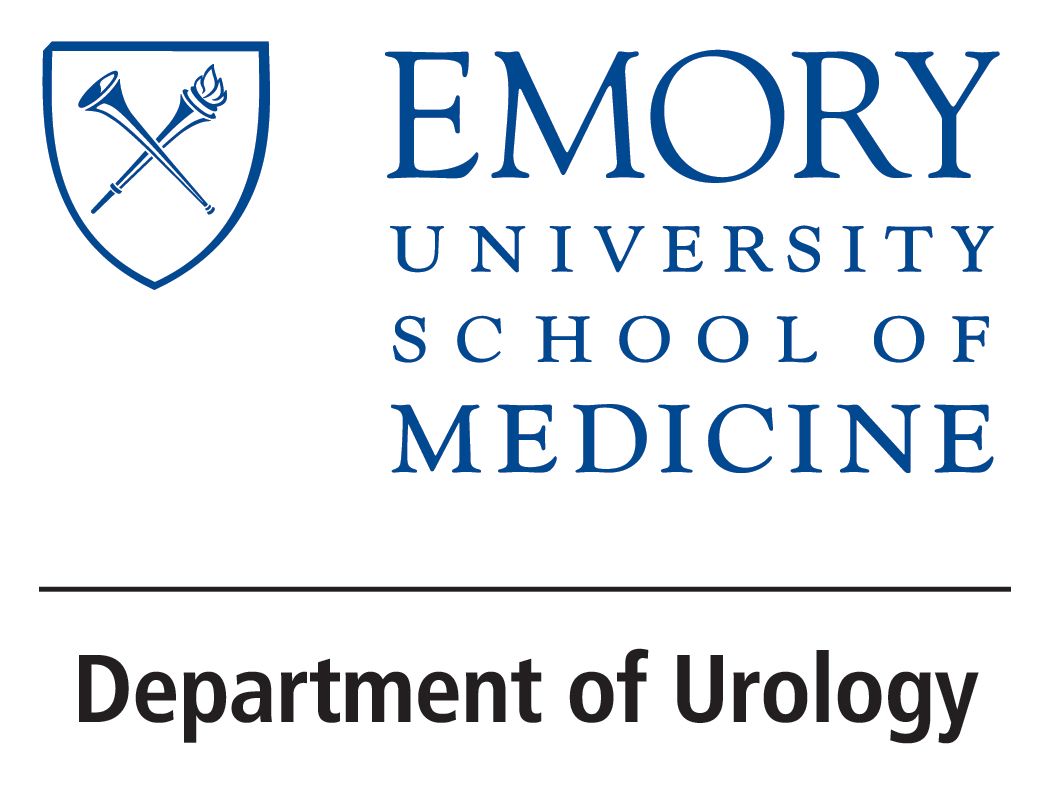
Dr. Narayan on the evolving landscape of bladder cancer care

“We’re in a very exciting time for those of us who take care of patients with bladder cancer. There are a lot of new emerging treatment options,” says Vikram M. Narayan, MD.
In this video, Vikram M. Narayan, MD, shares key take-home messages from the study, “Urinary minimal residual disease detection predicts recurrence in BCG-unresponsive NIMBC and quantifies molecular response to nadofaragene firadenovec,” specifically touching on future directions for bladder cancer care. Narayan is a urologic oncologist at Emory University Winship Cancer Institute in Atlanta, Georgia.
Video Transcript:
We’re in a very exciting time for those of us who take care of patients with bladder cancer. There are a lot of new emerging treatment options. It’s good, but it also presents us with some new challenges, some of which include things like understanding which treatments we offer to patients in which sequences, which we don't really have a lot of insight into. The other thing is we've heard a lot about precision medicine over the last several years, with the concept being rather than treat every nail with a hammer, maybe you can be a little bit more nuanced in terms of how you deliver care. Urinary tools, particularly those such as the UroAMP, which uses next-generation sequencing, might be one of those ways that we be able to classify a patient beyond just their histology. We might be able to better understand what's actually going on in real time in their urine and use that to tailor the types of treatments that we're able to offer patients.
This transcription has been edited for clarity.
Newsletter
Stay current with the latest urology news and practice-changing insights — sign up now for the essential updates every urologist needs.






